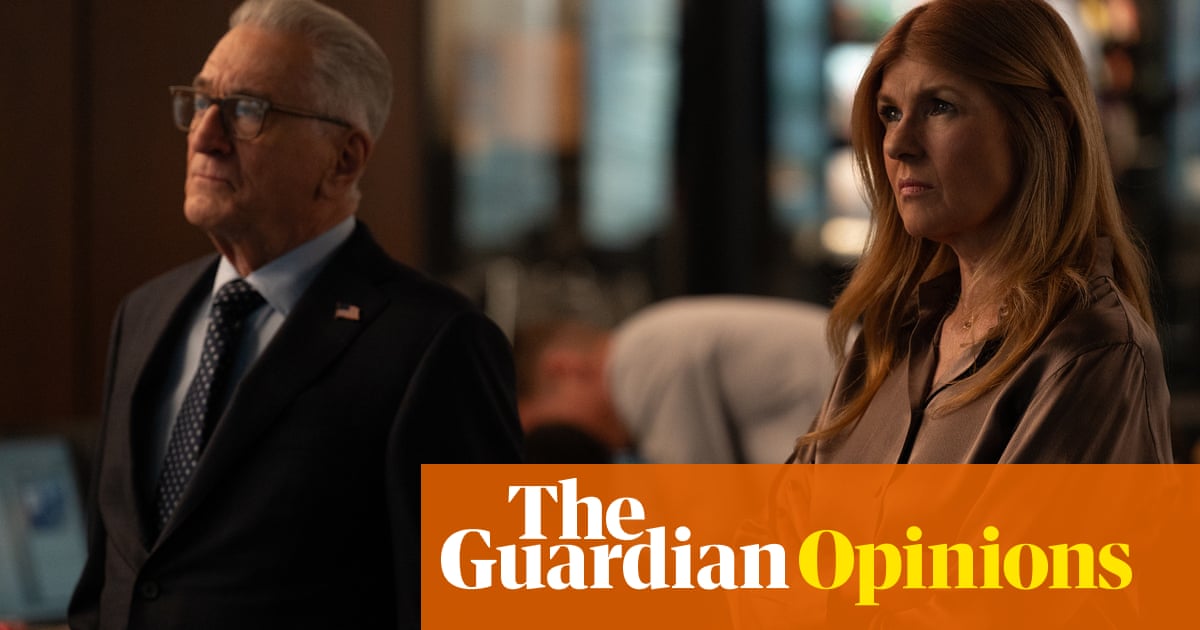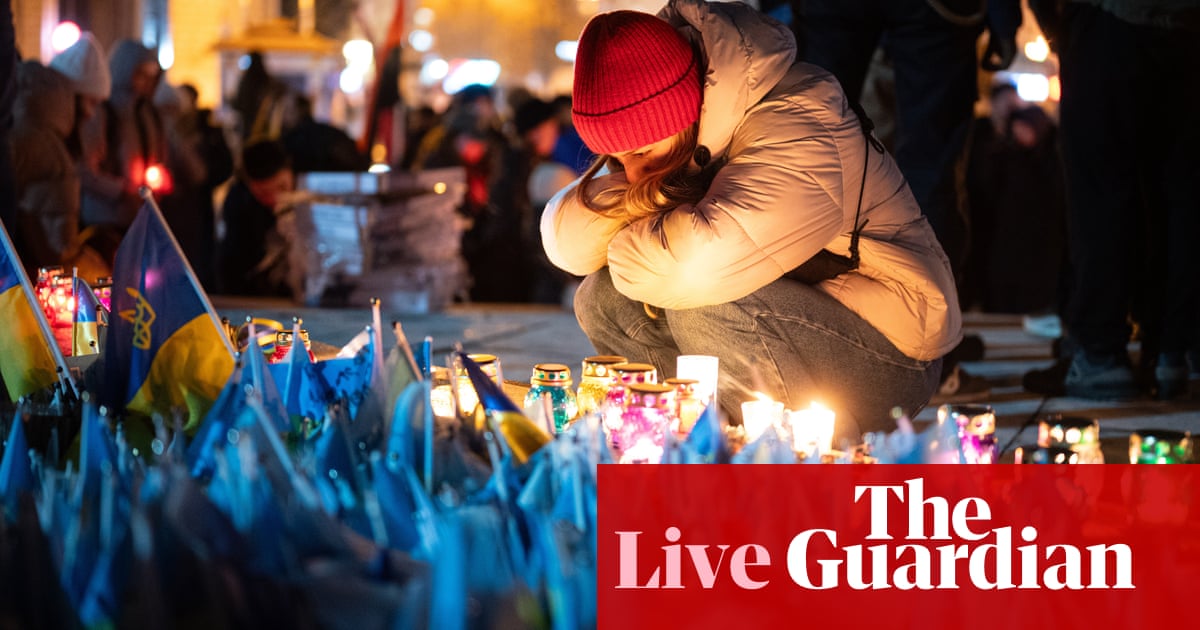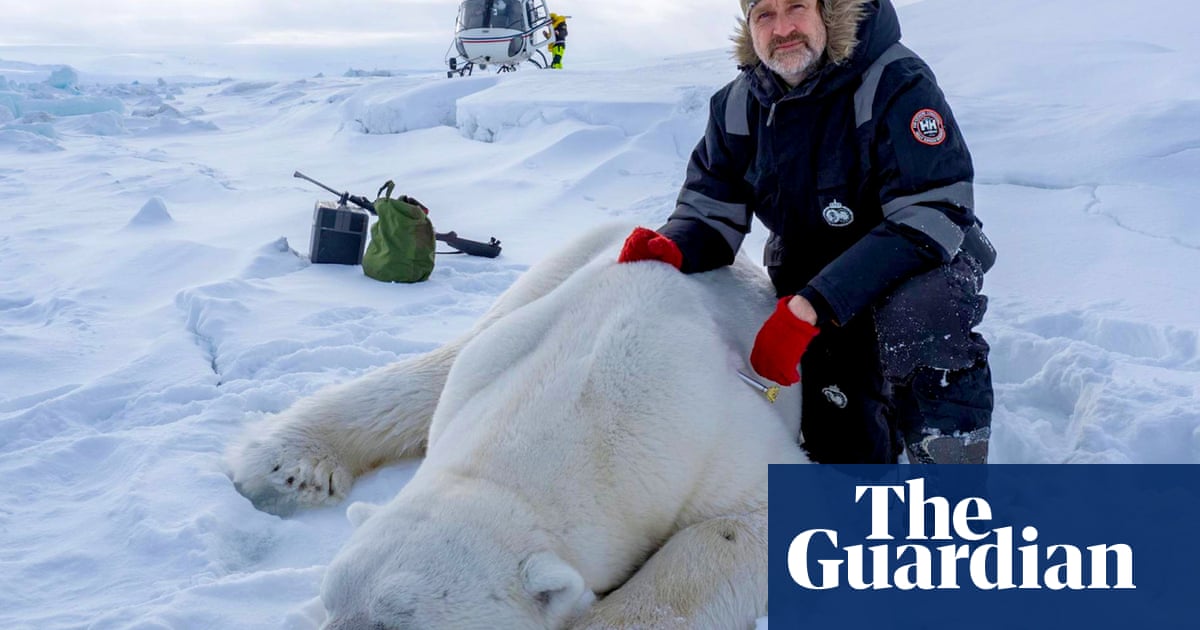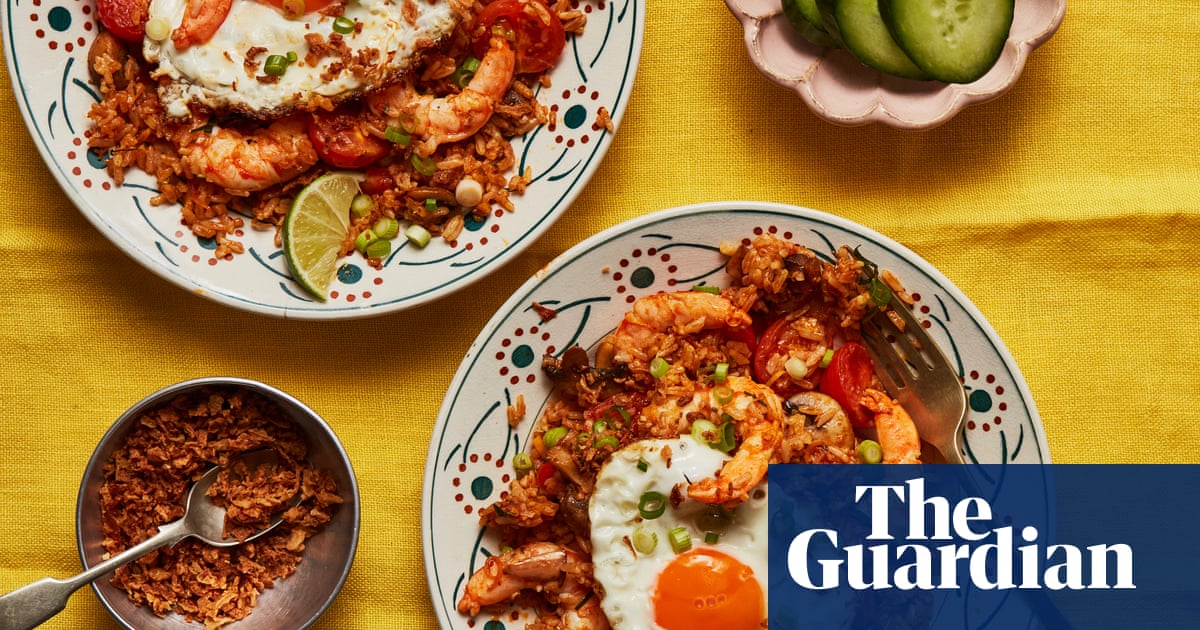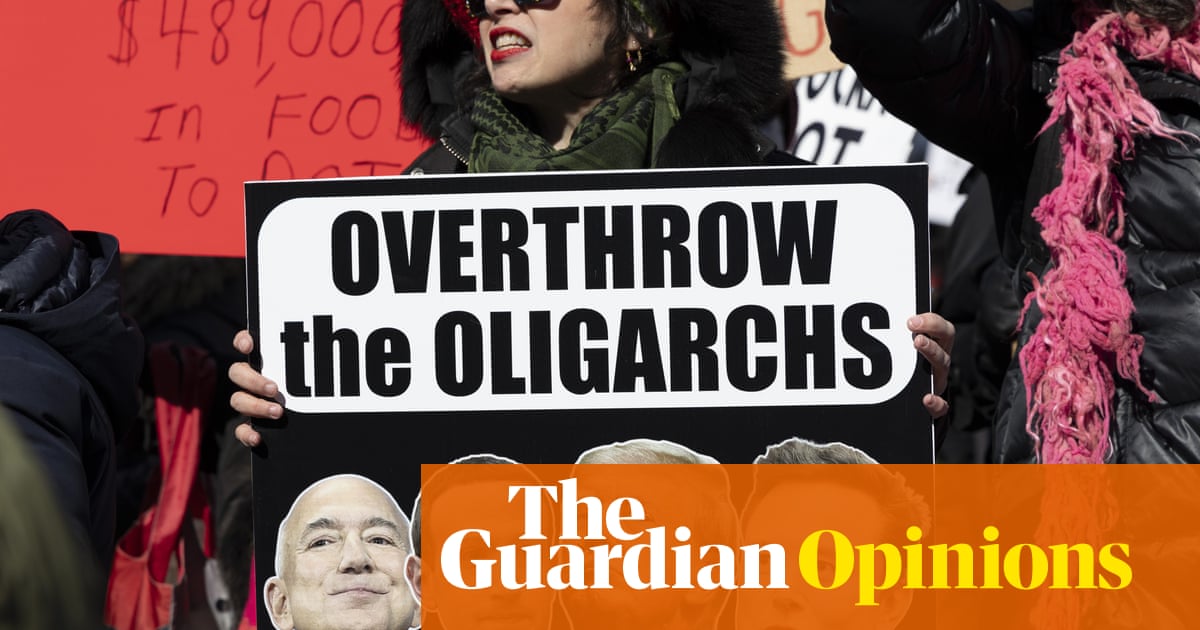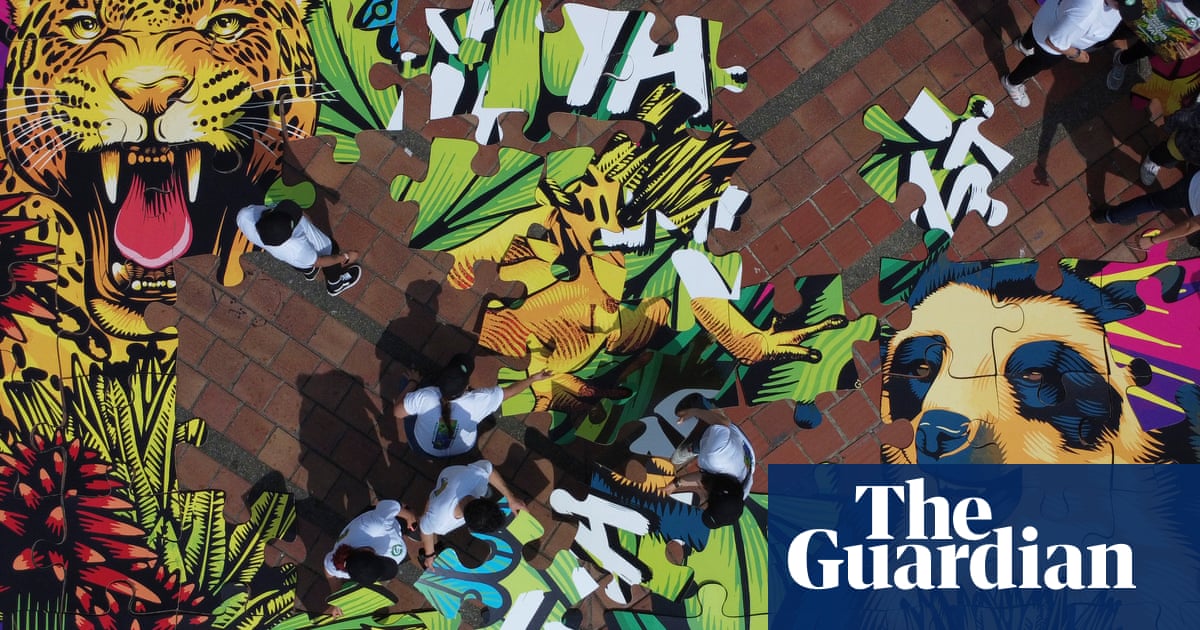I am more than just aware of the faint outlines of queer history – it is something I see in Technicolour. I immerse myself in lesbian books, films and art, and have written all sorts of articles about contemporary lesbianism. It is for this reason that I was shocked to learn only recently of the state having removed children from the custody of lesbian mums.
In July, a radio producer contacted me to tell me about 74-year-old Judi Morris, whose son George had slid into heroin addiction and fallen in and out of the criminal justice system. The call started a journey that would end in a radio documentary, Missing Pieces: The Lesbian Mothers Scandal.
The causes of addiction are complicated. However, a faultline emerged in George’s infancy, when a court granted his father full custody. Judi was a lesbian and George’s dad knew, and had acted “out of spite”, she says. He promptly put George into private foster care and left the country. Judi regained custody of George when he was five, but damage had been done. As Judi told our BBC Radio 4 documentary, “he wasn’t being fed properly, he wasn’t clothed very well. You know, he was witnessing things a child shouldn’t witness.”
The path from the court’s decision to George’s death aged 51 in 2022 due to an infected needle site wasn’t fated. But my heart aches for Judi, as she must wonder how differently her son’s life could have turned out had she been allowed to raise him.
George wasn’t the only child affected. During my research, I came across at least 30 cases from the 1970s to the 1990s where British judges took children from lesbian mums.
Former politician Linda Bellos struggled through tears to tell us how she lost custody of her children when her youngest was only two, and how she fought for three years just for access. “Winning” meant that one Sunday a month, “a social worker came to bring my children and to stay, to supervise. But the implication that I, because I was a lesbian, would in some way abuse my children, it still makes me sick.” Meanwhile, Jackie Holmes, the adult daughter of film-maker Sandi Hughes, told us how she still suffers from depression due to being separated from her mum when she was eight years old.
Bellos and Holmes, as well as other women we have spoken to, are calling for an apology from the government. The Ministry of Justice has issued a statement to “recognise those societal attitudes as deeply discriminatory” and offer that “our heartfelt sympathies are with all those who suffered as a result”, but this isn’t enough for the families still hurting.
There was no law against lesbians keeping their children. But this was long before the Equality Act, and bias festers in murky grey areas. Judges applied their own homophobic and sexist interpretations of child protection guidelines.
Holmes showed me a document where Justice Dame Rose Heilbron, a pioneer for women in the judiciary, removed Hughes’s custody. There’s no question that Hughes’s lesbianism was in play, as the judgment states she must “undertak(e) at no time to allow the children to come into contact with lesbian associates”.
Another document we discovered was a 1983 ruling from Lord Justice Sir Roger Ormrod, who declared: “Experience shows … homosexual relationships do tend to be even more unstable than heterosexual relationships.” Well, whose experience? I also came across disparaging descriptions of women as “militant lesbians” and “ardent feminists”, as if these things ever amounted to child protection issues.
Another woman we interviewed, who spoke on condition of anonymity to protect her two adult children, said that during her custody battle for them, her barrister cited her ex-husband’s rape, adultery and domestic violence. She recalled the judge’s response boiled down to: “I’m not bothered about that. I’m more concerned about not just her lesbianism, but her extreme feminism.” She eventually won custody, but only under strict conditions such as never having a woman to stay and removing all feminist literature from her property. Similarly, according to a 1978 Guardian report, one lesbian mother had to instruct her partner to move to the opposite side of the house whenever her child went to the toilet.
These rulings had a ripple effect: by 1980, Lesbian Line told the Daily Mirror that of the 150 women who called each week, a third were mothers too fearful to come out, because, a spokesperson said, “she’ll also be worried about her children because courts are biased against lesbian mothers”.
Society played a big role in closeting would-be lesbians, but judges nailed the door shut. What I’ve seen – so far – amounts to not just state-facilitated interference in family life but the chilling of a growing lesbian community that, had it been able to coalesce naturally, may have done wonders for the women’s movement, and its own.
The then government knew about these injustices, with Lord Justice Elwyn Jones having met Action for Lesbian Parents in the 1970s. One activist told our documentary that he’d said his hands were tied. It took the diligent research of Susan Golombok, an academic from the Institute of Psychiatry at the University of London who found that outcomes were identical for those children raised in two-mother families to those raised in single-mother families, for judges to be won round to the facts. Later, the 1989 Children Act, despite again not mentioning lesbians, signalled a change in judges’ attitudes and powers, as it changed custody arrangements to child arrangement orders, and allowed for non-biological parents to have access to children. This meant adoptive parents, foster parents and other relatives, such as grandparents, could apply for parental rights, making the question of biological mothers retaining their children – no pun intended – relatively moot.
Things have progressed, so that now female couples can be legal parents of their children, once they’ve dealt with hard-to-access NHS IVF – so they too can deal with rising childcare costs, maternity discrimination and the rest.
But the battle hasn’t moved on. These lesbians are now in their 60s, 70s and 80s. Some have died, others have cognitive issues, and all have been waiting too long for their story to be told, acknowledged and responded to. I’d hope the whole lesbian community – and anyone who considers themselves any sort of ally, or progressive – learns about this, and that appropriate action is taken. Now’s the time to bring the full picture into focus.
-
Sophie Wilkinson is a freelance journalist who specialises in entertainment, celebrity, gender and sexuality

 2 months ago
51
2 months ago
51

